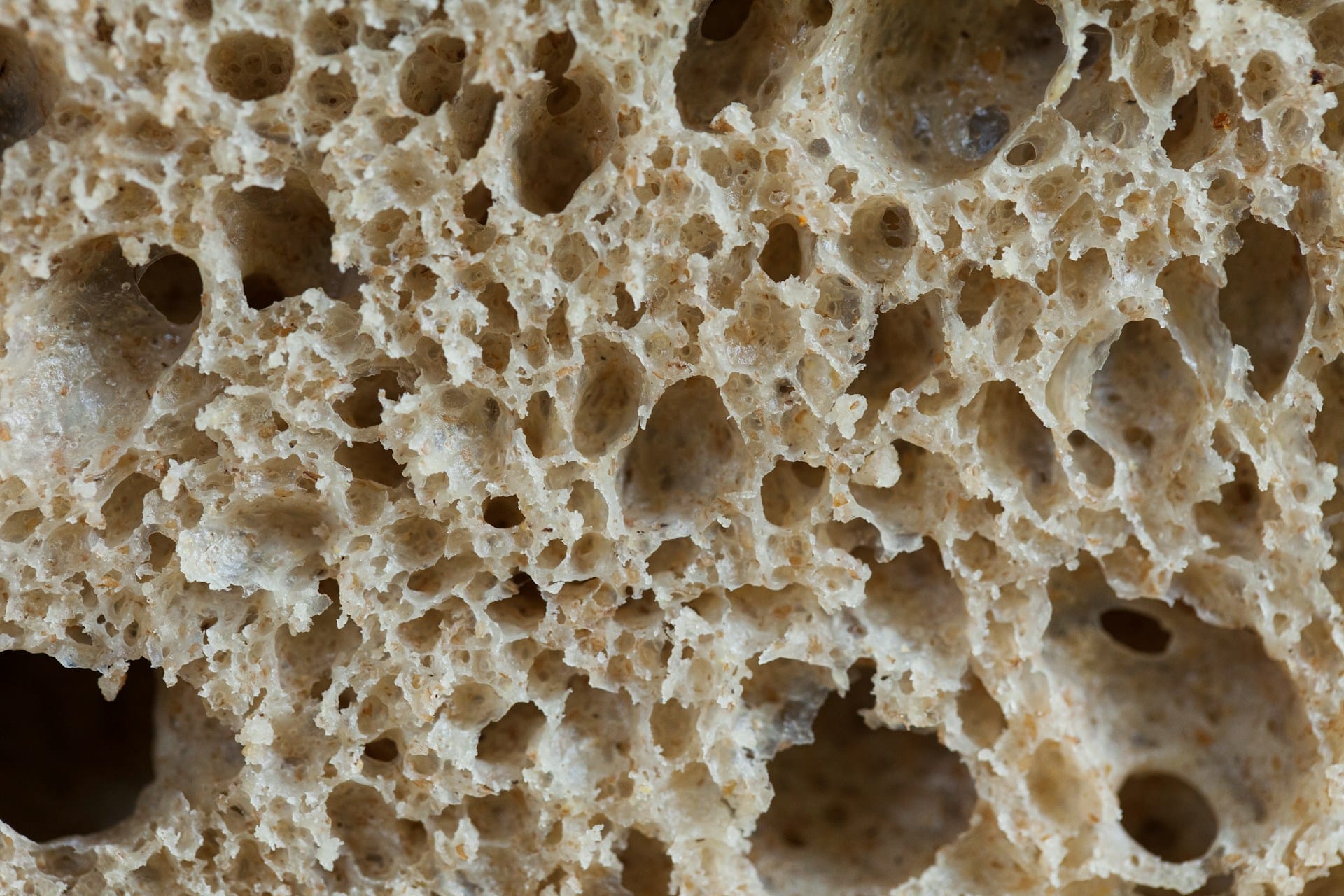What Are the Effects of Gluten-Free Diets on Non-Celiac Gluten Sensitivity?

As gluten-free diets become more popular, it’s crucial to understand their effects on people who have non-celiac gluten sensitivity (NCGS). NCGS is a condition where people react adversely to ingesting gluten, even though they do not have celiac disease. Research suggests that a gluten-free diet (GFD) can help alleviate the symptoms of NCGS. But, on the other hand, there are potential nutritional deficiencies and health risks that might come with a GFD.
Understanding Gluten and Gluten Sensitivity
Before we delve into the impact of a gluten-free diet on non-celiac gluten sensitivity, it’s essential to understand what gluten is and how it affects certain individuals. Gluten is a group of proteins found in grains such as wheat, barley, and rye. While many people can consume gluten without any adverse effects, others may develop conditions such as celiac disease or NCGS.
Cela peut vous intéresser : What Are the Impacts of Remote Work on Physical and Mental Health?
NCGS is a relatively new term in the medical field. Unlike celiac disease, which is an autoimmune disorder that causes the immune system to attack the small intestine when gluten is consumed, NCGS does not show any damage to the gut. However, people with NCGS exhibit symptoms like bloating, stomach cramps, fatigue, and headache when they consume foods containing gluten.
Impact of a Gluten-Free Diet on NCGS Symptoms
The cornerstone of managing both celiac disease and NCGS is following a gluten-free diet. People with these conditions need to avoid foods containing wheat, barley, and rye. These include obvious sources like bread and pasta, as well as less apparent ones such as soy sauce, beer, and even some medications.
Dans le meme genre : Can Wearable Tech Improve Dietary and Physical Activity Adherence in Weight Management Programs?
Several studies suggest that following a GFD can greatly reduce and even eliminate the symptoms of NCGS. A study published by Google Scholar showed that participants with NCGS who followed a strict GFD for a month reported significant improvements in their symptoms. Another research found that people with NCGS who did not adhere strictly to a GFD had persistent symptoms.
However, it should be noted that adopting a GFD should be done under medical supervision. This is because some patients might actually have undiagnosed celiac disease or wheat allergy, which require more specific dietary restrictions.
Potential Health Risks of a Gluten-Free Diet
While a gluten-free diet can help alleviate symptoms in those with NCGS, it’s also important to be aware of the potential health risks associated with this diet. One concern is nutritional deficiency. Foods with gluten often contain essential nutrients like iron, calcium, fiber, thiamin, riboflavin, niacin, and folate. When these foods are eliminated from the diet, it can lead to deficiencies unless the nutrients are obtained from other sources.
People on a GFD also have a higher risk of weight gain and metabolic syndrome. This is because gluten-free packaged foods often contain higher levels of fats and sugars than their gluten-containing counterparts. Furthermore, some research suggests that a GFD could potentially increase the risk of heart disease due to the reduced consumption of whole grains.
The Role of Healthcare Professionals in Managing NCGS
It’s essential for people with NCGS to seek the advice of healthcare professionals before starting a gluten-free diet. Doctors and dietitians can provide guidance on how to avoid gluten while still consuming a nutritionally balanced diet. They can also monitor for potential nutritional deficiencies and suggest supplementation where necessary.
Healthcare providers can also play a crucial role in ensuring that patients understand the importance of strict adherence to a GFD. As per the studies mentioned earlier, even minor transgressions can lead to the persistence of symptoms in people with NCGS.
Moreover, healthcare professionals can provide resources and support for patients to manage the psychological and social aspects of following a GFD. This includes coping with the challenges of dining out, attending social events where food is served, and dealing with feelings of isolation or frustration that might come with dietary restrictions.
Conclusion
While ample research indicates that a gluten-free diet can alleviate NCGS symptoms, it’s not without potential health risks. Therefore, it is of utmost importance that such a diet is undertaken under the guidance of healthcare professionals. This ensures that patients can manage their symptoms effectively while minimizing the risk of nutritional deficiencies and other health issues. It’s crucial to remember that while a GFD can be beneficial for people with NCGS, it is not a one-size-fits-all solution and should be tailored to the individual’s health needs and lifestyle.
Gluten-Free Diet Pitfalls and How to Avoid Them
While adopting a gluten-free diet is beneficial for managing NCGS symptoms, it can also introduce a set of challenges. Firstly, finding a variety of gluten-free foods that supply all the necessary nutrients can be difficult. Regularly consumed grains like wheat, barley, and rye are common sources of iron, calcium, fiber, thiamin, riboflavin, niacin, and folate, and when taken out of the diet, can result in nutritional deficiencies.
Moreover, gluten-free products often contain a higher concentration of fats and sugars compared to their gluten-containing counterparts. This poses a risk for weight gain and metabolic syndrome. Also, some studies published on PubMed and Google Scholar suggest a potential correlation between a gluten-free diet and an increased risk of heart disease due to reduced consumption of whole grains.
However, these potential pitfalls can be avoided with careful planning and guidance from healthcare professionals. Including a wide range of naturally gluten-free foods like fruits, vegetables, meat, poultry, fish, dairy products, and gluten-free grains like quinoa, rice, and oats can help maintain a balanced diet. When using packaged gluten-free foods, it’s essential to check the nutritional label and be aware of the calorie, sugar, and fat content.
Final Thoughts and Recommendations for People with NCGS
Non-celiac gluten sensitivity can cause discomfort and negatively impact people’s quality of life. However, a gluten-free diet can help manage and alleviate these symptoms. For some, adhering to a gluten-free diet may seem daunting or restrictive, but with careful planning, it’s possible to have a diverse and nutritionally complete diet.
While there is no one-size-fits-all approach, as everyone’s nutritional needs and lifestyle are different, certain general guidelines can be beneficial. The most important step is consulting with healthcare professionals before starting a gluten-free diet. Physicians can rule out conditions like celiac disease or wheat allergy, while dietitians can help plan a balanced diet that avoids gluten and prevents nutritional deficiencies.
In conclusion, a gluten-free diet can be an effective way to manage symptoms for people with non-celiac gluten sensitivity. Despite the potential health risks associated with this diet, with the right guidance and careful planning, these can be mitigated. The key is to maintain a balanced diet rich in a variety of foods, pay attention to nutritional labels on packaged foods, and adhere strictly to the diet to prevent the recurrence of symptoms. As our understanding of NCGS continues to evolve, so will our approach to managing it effectively.
